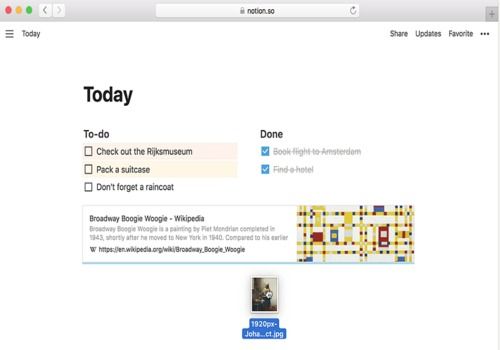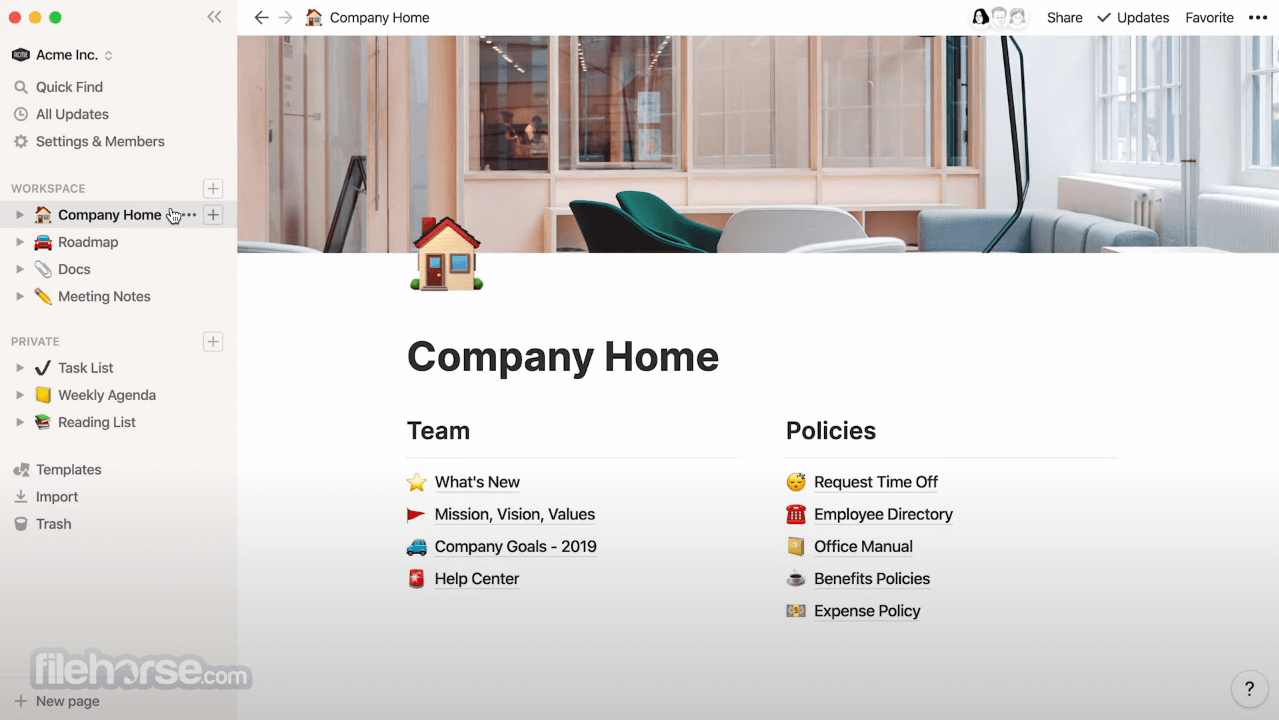

When you launch an app from the Finder, this is passed to LaunchServices to handle. I’ve explained ad-hoc and personal signing in this article. You will, though, need to be absolutely certain that what you’re about to sign isn’t in the least bit malicious.
#NOTION FOR MAC M1 CODE#
If the app turns out to have just ARM executable code, not Intel, or should you want to run its ARM code despite its lack of a signature, then the best way forward is to sign it with your own ad-hoc signature using codesign – something that doesn’t require a developer account, or a certificate issued by Apple. This is easily verified by taking a Universal App, stripping its signature using codesign, then running it with and without the Open using Rosetta option ticked. This is because M1 Macs won’t run unsigned native (ARM) code, but will still run unsigned Intel code which has been passed through Rosetta’s translation. Chances are that the app you tried to run is a Universal App, in which case all you need do is open the Finder’s Get Info dialog and set it to be run following translation by Rosetta 2. There’s also a simple workaround in many cases, which you definitely won’t discover if you follow up the misleading notion that this is about permissions. It has absolutely nothing to do with permissions.

In fact, the code signing error which has occurred is -67062, which indicates that macOS has been asked to run code which isn’t signed at all.
#NOTION FOR MAC M1 HOW TO#
Click on its Help button, and you’ll be further befuddled: this opens a page in the macOS User Guide which ultimately takes you to instructions on how to change file permissions. Instead of pointing out that what you just tried to launch wasn’t adequately signed, Big Sur 11.1 running on an M1 Mac complains that “you do not have permission” and refers you to a system administrator. Although executable code doesn’t have to be signed using an Apple certificate, or notarized, to run successfully on your M1 model, if there is a problem the error message is likely to confuse. One important difference between Intel and Apple Silicon Macs is that the latter can’t run unsigned code.


 0 kommentar(er)
0 kommentar(er)
